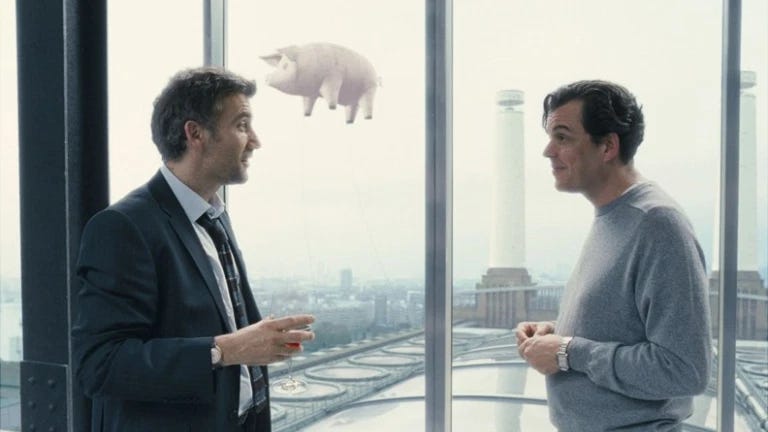Children of Men (2006) - Best of 2000-2019 Part 2
"My Favorite Films of the 21st Century So Far" series Part 2, and The Second of Five I wanted to highlight as the Best of the Best.
Children of Men (2006)
Director: Alfonso Cuaron
Writer: Cuaron, Sexton, Arata, Fergus, Ostby
Cinematographer: Emmanuel Lubezki
Music: John Tavener
A number of write-ups come to mind when I attempt to describe this extraordinary masterpiece. The first can be found in Chapter One of Capitalist Realism by the the late genius Mark Fisher. He understood that Cuaron did not mean to depict a far off dystopia but instead one well within our reach. It’s a simple matter of fact that certain elements of the film’s “dystopia” are with us today. They are simply sequestered by civil society to border communities and fenced off penitentiaries instead of displayed in the town square. “For all that we know,” Fisher writes, “the authoritarian measures that are everywhere in place could have been implemented within a political structure that remains, notionally, democratic. The War on Terror has prepared us for such a development: the normalization of crisis produces a situation in which the repealing of measures brought in to deal with an emergency becomes unimaginable (when will the war be over?)” It’s been nearly two decades since 9/11, why do we still have to take our shoes off at the airport?
And so we are shown a vision of an oppressive totalitarian state warmly welcomed by the masses as a means to ward off “the enemy”. But there is tremendous warmth and humanity in the film, again described with higher grace and precision than my own by Matt Christman in his review of Cuaron’s picture on Letterboxd. He explains that the long tracking shots ensure that the “viewer is fully immersed in this nightmare world, reminded by the plot that they're watching a fiction, but reminded by the nature of the nightmare that it's a fiction only for those of us in the first world.” Cuaron brings the “third world” to the “civilized west,” and forces the viewer into the role of protagonist through his film-making techniques and seamless reality-construction.
But the masterstroke of the film is convincing the viewer that they are not just innocent bystanders. That coffee shop you go to every morning just got blown to hell by terrorists/freedom-fighters/The Government. What can you do about it? Returning to Christman, “If the audience is meant to identify with Theo (Clive Owen), they must also identify with his dilemma: why stick your neck out and risk your comfort or even your life fighting for a goal that you can't see and have no reason to believe will succeed?” A key shot towards the end of the film holds the answer to this question. I won’t spoil it, but you’ll know it when you see it.


